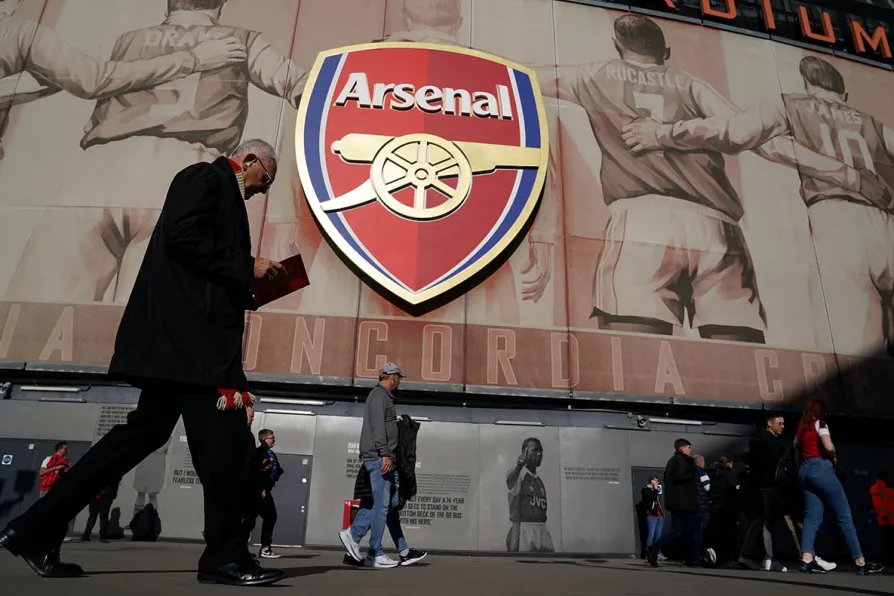‘A tribute to my biggest supporter’
LAYTH YOUSIF looks back on precious moments spent with his Dad connecting through their beloved Gunners, and reflects on Arsenal v Man Utd over the years

 Arsenal fans outside the ground before the Premier League match at Ashburton Grove
Arsenal fans outside the ground before the Premier League match at Ashburton Grove
ARSENAL vs Manchester United has provided so many memories for me and my dad.
My first game in this fixture that the world once stopped to watch — and will again on Sunday — was back in May 1983, at long-lost Highbury.
The football world was different then. I still recall vividly clutching my dad’s hand, when we went in the art-deco East Stand, as he had a bad leg. The crowd was 16,000. Yes, you read that right. For a league game between these two giants of the game.
Similar stories

‘Chance encounters are what keep us going,’ says novelist Haruki Murakami. In Amy, a chance encounter gives fresh perspective to memories of angst, hedonism and a charismatic teenage rebel.

CHRIS SEARLE interviews saxophonist Chris Williams about the extraordinary electro-acoustic album LEDLEY - a bold fusion of Jazz, football, and community spirit












